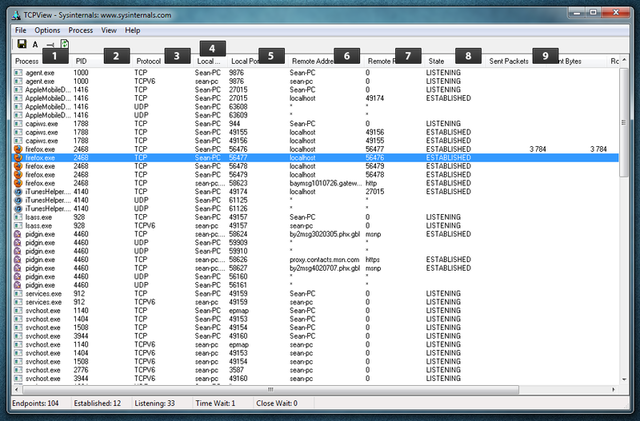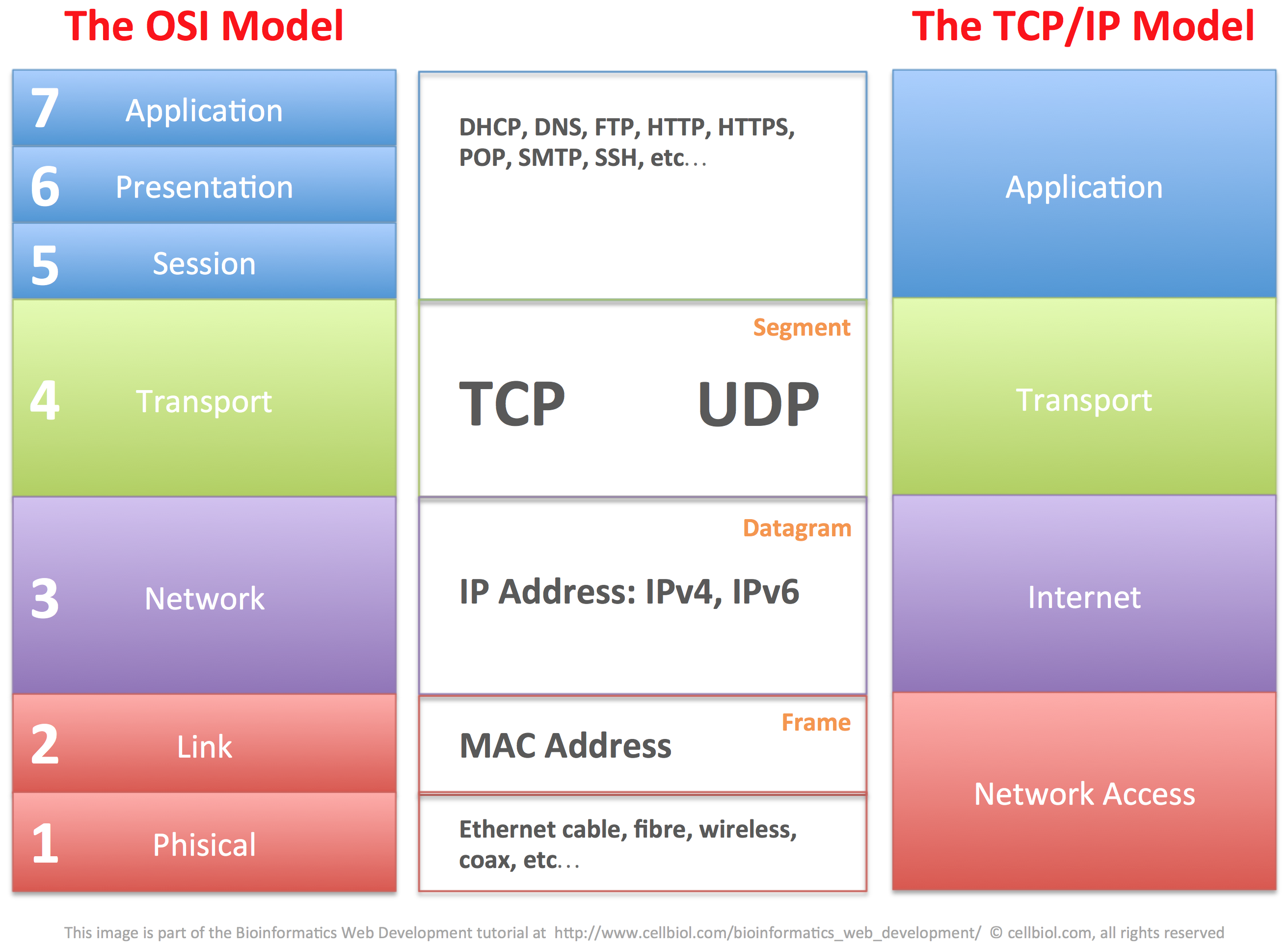

Most Linux systems already centralize logs using a syslog daemon. We'll discuss how to address these issues intelligently below. While centralized log management is generally the better option, there are still some risks, such as poor net connectivity leading to data loss or logs using a great deal of network bandwidth. Engineers can troubleshoot production issues without directly accessing systems.You can reduce the amount of disk space used by log files.You don't have to use SSH or inefficient grep commands, which can use valuable computing resources for complex searches.Logs are backed up in a separate location, protecting them against accidental or unintentional loss, which can keep them accessible in case your servers go down or become unresponsive.Log centralization can also offer these benefits: Centralization is a key part of large management solutions, as it can allow you to analyze, parse, and index logs before storing them in a single location, helping to simplify troubleshooting and solving production issues. Instead of guessing which server has the correct file, you can simply access this repository of log data to search for relevant events. Benefits of Centralizing LogsĬentralizing logs can make searching through log data easier and quicker since all your logs are accessible in a single location. This guide explains how to use centralization services to collect and centralize your Linux log files. There's nothing more frustrating than finding out the information you wanted wasn't captured in a log file or the log file potentially holding the answer was lost after a server restart.

Trying to hunt down the correct file to troubleshoot an error can be incredibly difficult, and trying to correlate problems across systems is highly challenging. Modern applications often have several tiers of infrastructure that can include a mix of on-premises servers and cloud services. Analyzing and Troubleshooting Python LogsĪ key best practice for logging is to centralize or aggregate your logs in a single location, especially if you have multiple servers or architecture tiers.Python Logging Libraries and Frameworks.


 0 kommentar(er)
0 kommentar(er)
